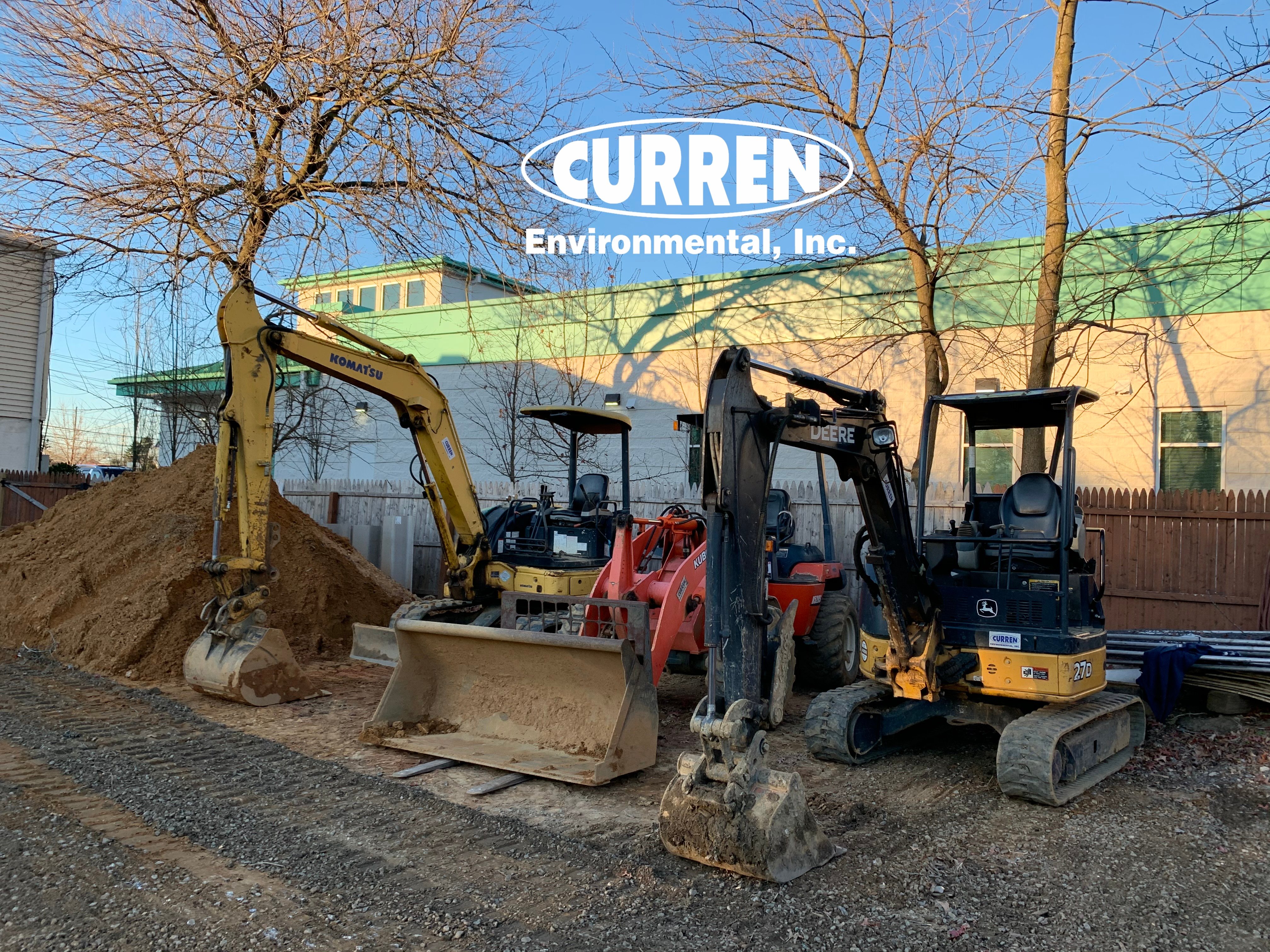When do you call the NJDEP to report a tank leak?
Who is responsible for contacting NJDEP about a tank leak?
NJDEP regulations require that when a discharge or spill impacts the environment, the NJDEP Spill Hotline (877-WARN-DEP) be contacted 24 hours a day, 7 days a week.
Historically the NJDEP relied upon a knowledgeable party to report a tank leak. In August of 2018, that shifted to place responsibility on the property owner, at least regarding an oil discharge.
-
If any evidence of a heating oil release (i.e.: holes in the tank, petroleum odors or sheens; stained soils; free product; detectable petroleum levels in site assessment soil samples; etc.) is noted during the closure, as per the revised NJDEP oil tank regulations (August 6, 2018) two required actions are triggered.
-
First, the owner must report the release to the NJDEP by calling the Incident Hotline (877.WARNDEP). This action will generate an NJDEP Case # documenting that a leak occurred at the subject address.
-
Second, the Heating Oil Tank System Remediation Rules (N.J.A.C. 7:26F), require that the tank owner hire an environmental professional to remediate the discharge.
When would a property owner come across this reporting obligation?
When an oil tank is found to have leaked.

If the tank is an “active tank” or a tank “no longer in operation”, then the following would warrant a call to the DEP Hotline, upon removal of an oil tank.
- Holes in the tank
- Staining in the excavation
- Observation of oil in contact with soils or groundwater
- Elevated field instrument readings
- Fuel oil odors in the excavation
- Any detectable results of extractable petroleum hydrocarbons (EPH) from a lab analysis
In general, the only time a property owner needs to call the DEP Hotline is when there is a confirmed oil discharge. The below list guides situations that are considered confirmed discharges and warrants a call to the DEP Hotline. These are situations where a hole was found in a removed tank and there were questions regarding if the hole constituent a reportable release.
Active Oil Tanks – If a hole has been found in a tank that has been in service, the presence of the hole constitutes a confirmed discharge which should be reported to the NJ DEP Hotline.
Questions 888-301-1050
Oil Tanks no Longer in Operation – For tanks that have been in the ground, out of service, without having undergone the proper abandonment procedure, the presence of a hole in the tank constitutes a confirmed discharge which should be reported to the NJ DEP Hotline.
Oil Tanks Abandoned in Place Without a UCC Permit – When a tank has been abandoned without the issuance of a UCC permit and final inspection, there is no way to determine whether the abandonment followed proper procedure. Therefore, the presence of a hole in the tank would constitute a confirmed discharge which should be reported to the NJ DEP Hotline.
Now there are situations where a hole in a oil tank may not warrant contacting NJDEP.
Oil Tanks Abandoned in Place with a UCC Permit – When a UCC permit has been issued and a final inspection has been performed for the abandonment of a UHOT, that procedure has been verified. In this circumstance, the presence of a hole in the tank alone does not constitute a confirmed discharge. Contractors will often use visual and olfactory inspections as well as field screenings to determine whether there has been a discharge. Because in these circumstances, the presence of a hole in the tank does not constitute a confirmed discharge, the presence of a hole should not be used as the sole basis for calling the NJ DEP Hotline.
Regulations require that the DEP Hotline be notified upon discovery of a discharge, but what constitutes a discharge? Another publication that the NJDCA (New Jersey Department of Community Affairs) provides for local code officials is the Construction Code Communicator. The 2022-Vol 3 4, No. 1 – Spring issue has an article titled “When to Call the DEP Hotline for Unregulated Heating Oil Tanks (UHOTs)” that provides some guidance.
For this discussion an “active oil tank” or an oil tank “no longer in operation” means a oil tank that has not been abandoned in place. The Construction Code Communicator2022-Vol 34, No. 1 – Spring issue also provides guidance for tanks that were previously abandoned in place.
Who can remove a heating oil AST?
Licensed HVAC contractors and NJ LMPs are permitted to install or remove above-ground oil tanks and sign and seal the Fire Technical Section (contrary to the article’s title, not a mechanical technical section). Underground oil tanks can only be installed, removed, or abandoned by a NJ DEP-certified contractor.
Tank Questions? Curren has been working on tanks for close to 30 years and we are licensed in three states, call an expert, call Curren 888-3021-1050

888-301-1050
